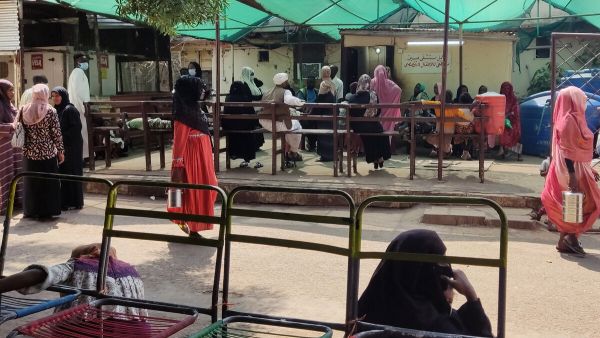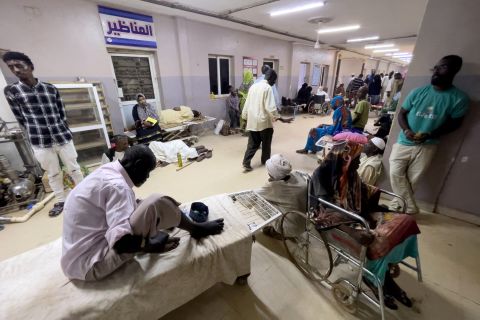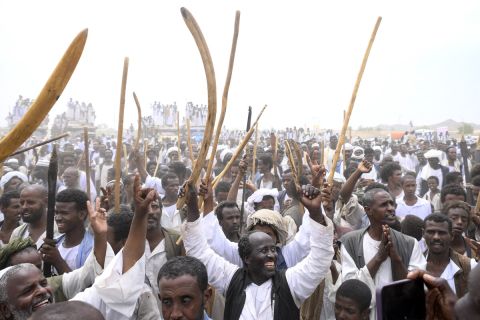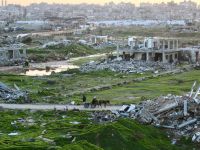ALBAWABA - Six months into the war that erupted on April 15 in Sudan, the UN Humanitarian Affairs and Emergency Relief Coordinator, Martin Griffiths, described the situation as "one of the worst humanitarian nightmares in recent history,".
"Communities are torn apart, and vulnerable individuals lack access to lifesaving aid," Griffiths said in a statement marking the six-month anniversary of the war.
"For six months, civilians ... have known no respite from bloodshed and terror. Horrific reports of rape and sexual violence continue to emerge".
Mid-April earlier this year, a power struggle erupted in the African country between Sudanese Army Gen. Abdel-Fattah Burhan and Rapid Support Forces (RSF) commander Gen. Mohamed Hamdan Dagalo, leaving at least 9,000 people killed in brutal combats that took place across a number of Sudanese cities including Khartoum and Omdurman.
Over the course of the first few weeks, the war expanded to include the war-torn region of western Darfur. The UN reported that millions have been displaced either within Sudan or to neighboring countries.
More than half of Sudan’s population now requires humanitarian assistance. The UN reported that millions have been displaced either within Sudan or to neighboring countries. More than half of Sudan’s population now requires humanitarian assistance.
The UN International Organization for Migration (IOM) confirmed that over 4.5 million people were displaced within Sudan, and another 1.2 million sought refuge in neighboring countries.
Adding to the catastrophe, earlier in October, Gedaref State in Sudan declared a cholera outbreak after four of the 264 suspected cases were confirmed and 16 deaths associated with the deadly disease reported since September 25.
The World Health Organization (WHO) is conducting investigations to assess whether cholera has expanded to Khartoum and South Kordofan states, where increased cases of acute watery diarrhea have been reported.








